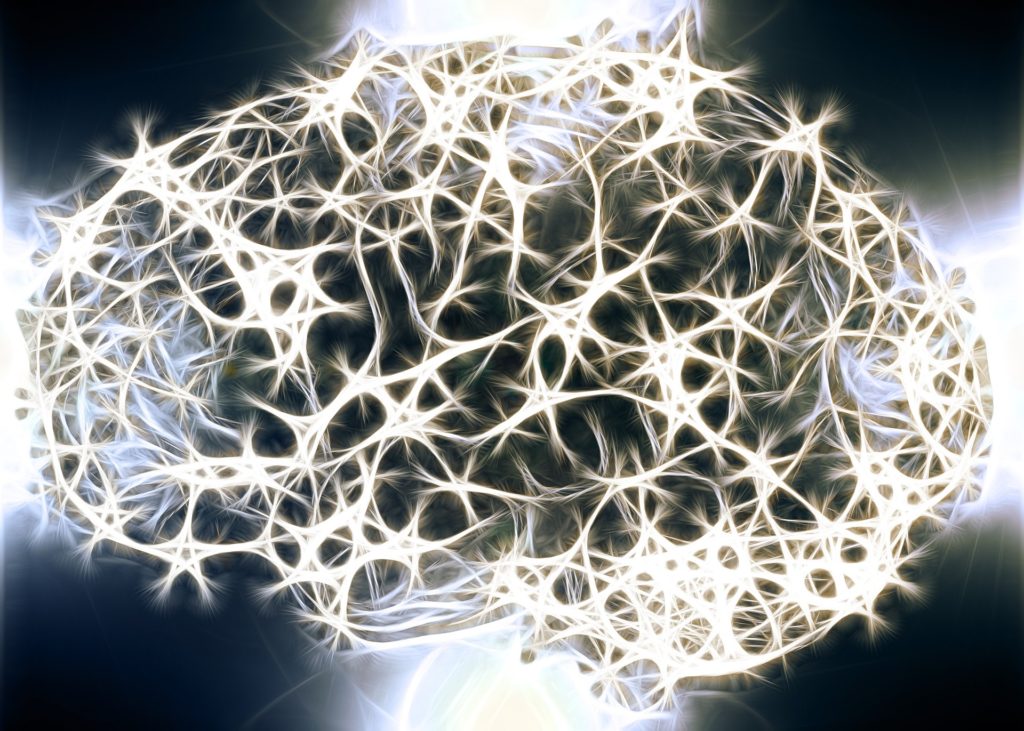- Calls to this hotline are currently being directed to Within Health, Fay or Eating Disorder Solutions
- Representatives are standing by 24/7 to help answer your questions
- All calls are confidential and HIPAA compliant
- There is no obligation or cost to call
- Eating Disorder Hope does not receive any commissions or fees dependent upon which provider you select
- Additional treatment providers are located on our directory or samhsa.gov
Emotion-Focused Family Therapy for Eating Disorders
 Contributor: Timberline Knolls Team at Timberline Knolls Residential Treatment Center Emotion and Its Avoidance Although there are numerous factors that contribute to the development and maintenance of an eating disorder, it can be said that eating disorders, as with most maladaptive behavior, develop out of an attempt to manage difficult emotions. This exists in the [...]
Contributor: Timberline Knolls Team at Timberline Knolls Residential Treatment Center Emotion and Its Avoidance Although there are numerous factors that contribute to the development and maintenance of an eating disorder, it can be said that eating disorders, as with most maladaptive behavior, develop out of an attempt to manage difficult emotions. This exists in the [...]Read More










